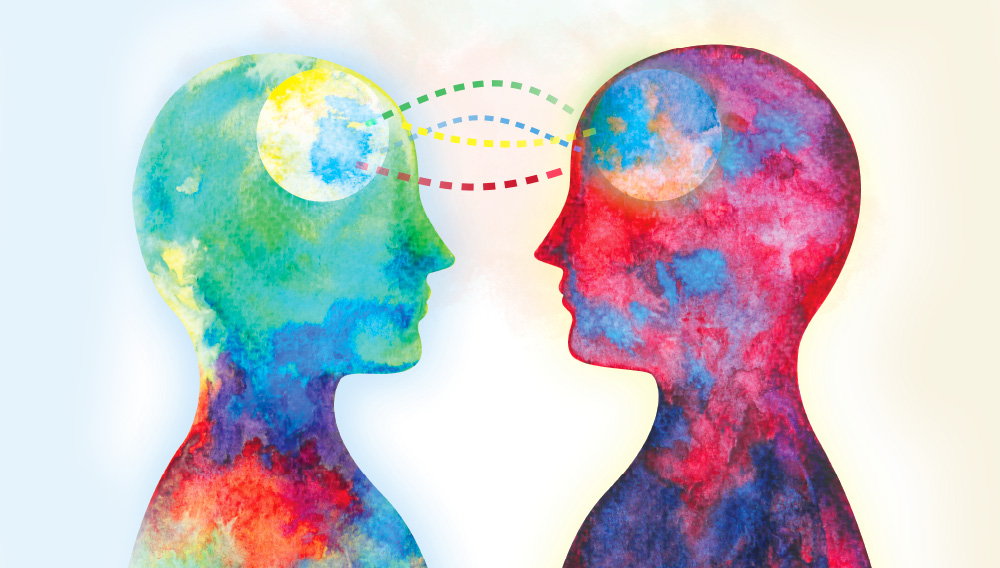Written by Andrew John Tucker, LCSW
Researched by Corina Evi Tucker y de la Huerta
www.addictiontherapynyc.com

About a decade ago, I stopped running just long enough to realize I was depressed. The world felt like it was spinning faster and faster, and I was about to fly off. Between politics, the never-ending challenges of social justice, and the noticeable lack of laughter in my life, I was — as my thirteen-year-old son would say — “cooked.”
I felt alone. Responsible for everything. And everything felt so serious.
Where was the joy?
Where was the personal connection?
Where had my belly laugh gone?
It was time to take action. I called five friends and started a film club, beginning with a series focused on comedies. It gave me a whole new avenue for connection — not just for me, but for my friends too. That film club has since grown, and the laughter and tears from the films have sparked illuminating discussions and deep processing on a very visceral level.
And slowly, magically, one emotion at a time, my depression eased. I felt part of the world again — the same world that had been right there all along.
In a compelling article from Harvard Health Publishing, “Get Back Your Social Life to Boost Thinking, Memory, and Health,” executive editor Heidi Godman explores the science behind something we intuitively know: connection keeps us well — mentally, emotionally, and even neurologically.
What struck me most was how strongly social engagement correlates with cognitive vitality. Conversing with others, interpreting facial expressions, and sharing everyday stories stimulates brain regions tied to memory and executive function. For those in recovery, this isn’t just a fun fact — it’s a strategic insight.
Here are three practical ways this article can support those in addiction recovery:
- Reconnect with intention. Even small social moments build emotional momentum and remind the brain it’s not alone.
- Use support groups not just for sobriety, but for cognitive resilience. The act of participating can literally strengthen thinking patterns.
- Rethink isolation. Shame often tells us to pull away. Science — and lived experience — tell us that connection is the medicine.
Reaching out doesn’t need to be grand. A text, a coffee, a quiet group. Start where you are.
Read the original article:
Get Back Your Social Life to Boost Thinking, Memory, and Health
By Heidi Godman, Executive Editor, Harvard Health Letter
If you or anyone you know might benefit from a free consultation with a Clinical Addiction Specialist, fill out the confidential form on my website www.addictiontherapynyc.com, and I will reach out to you within 12 hours.
